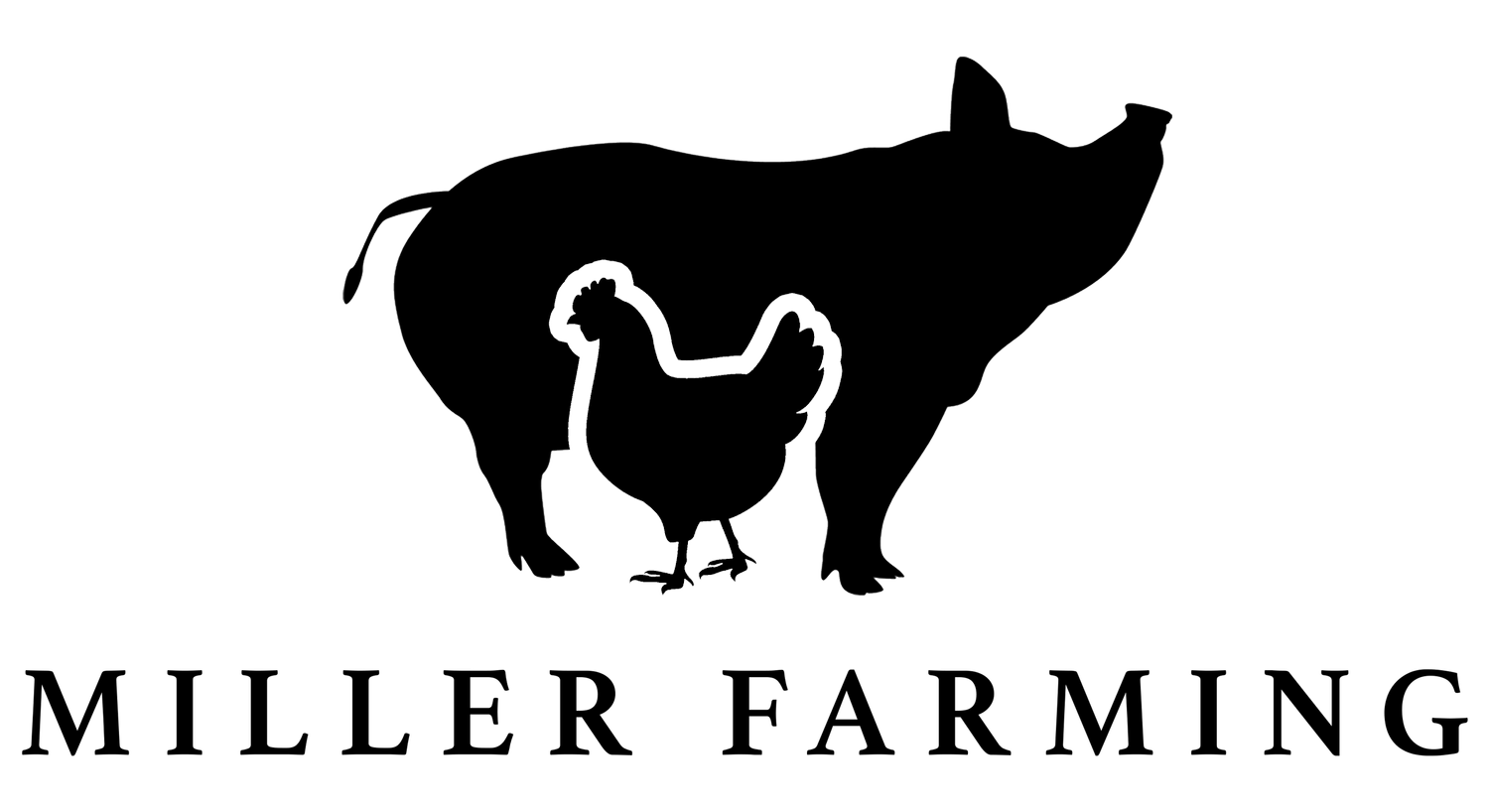








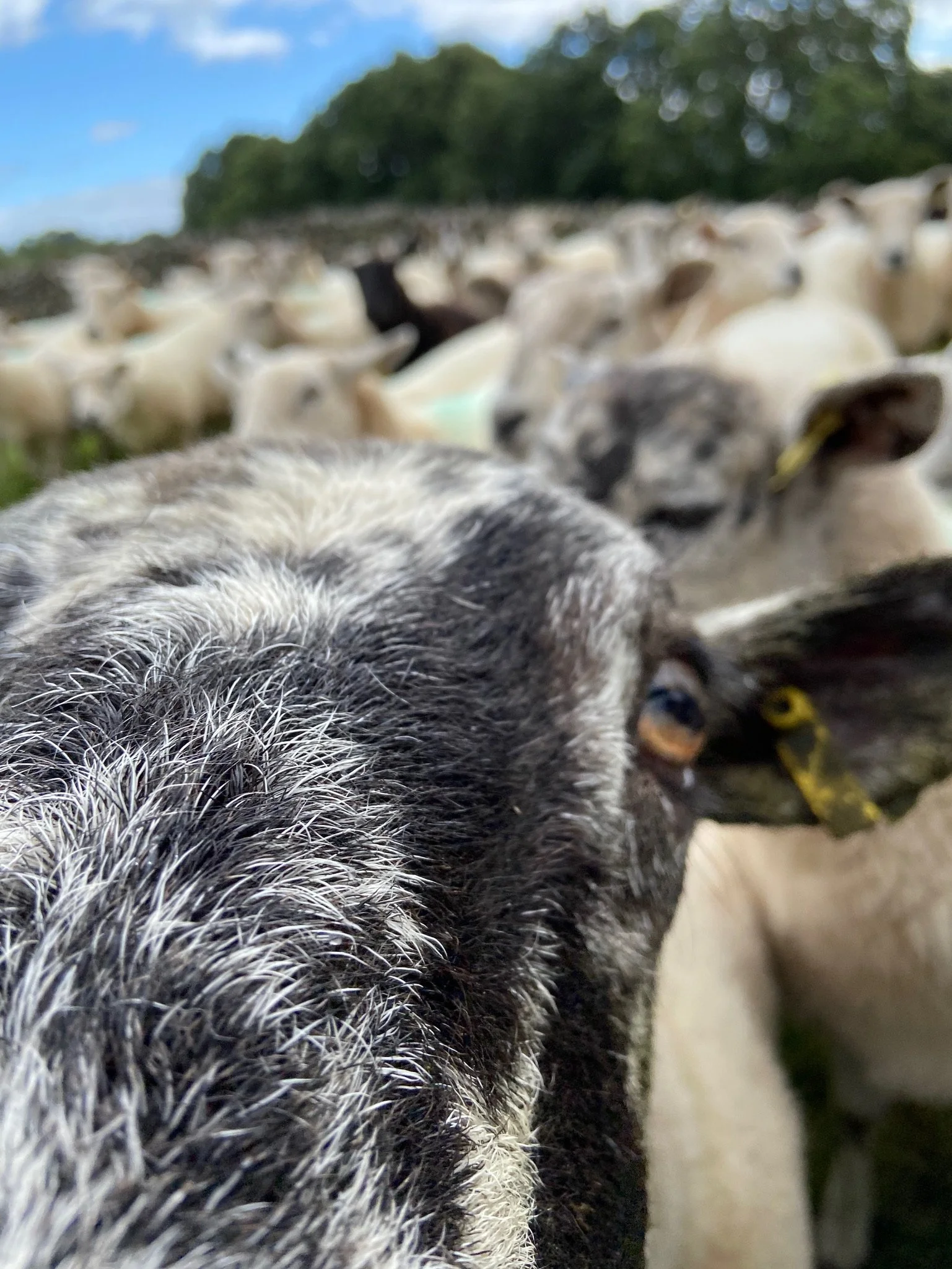



















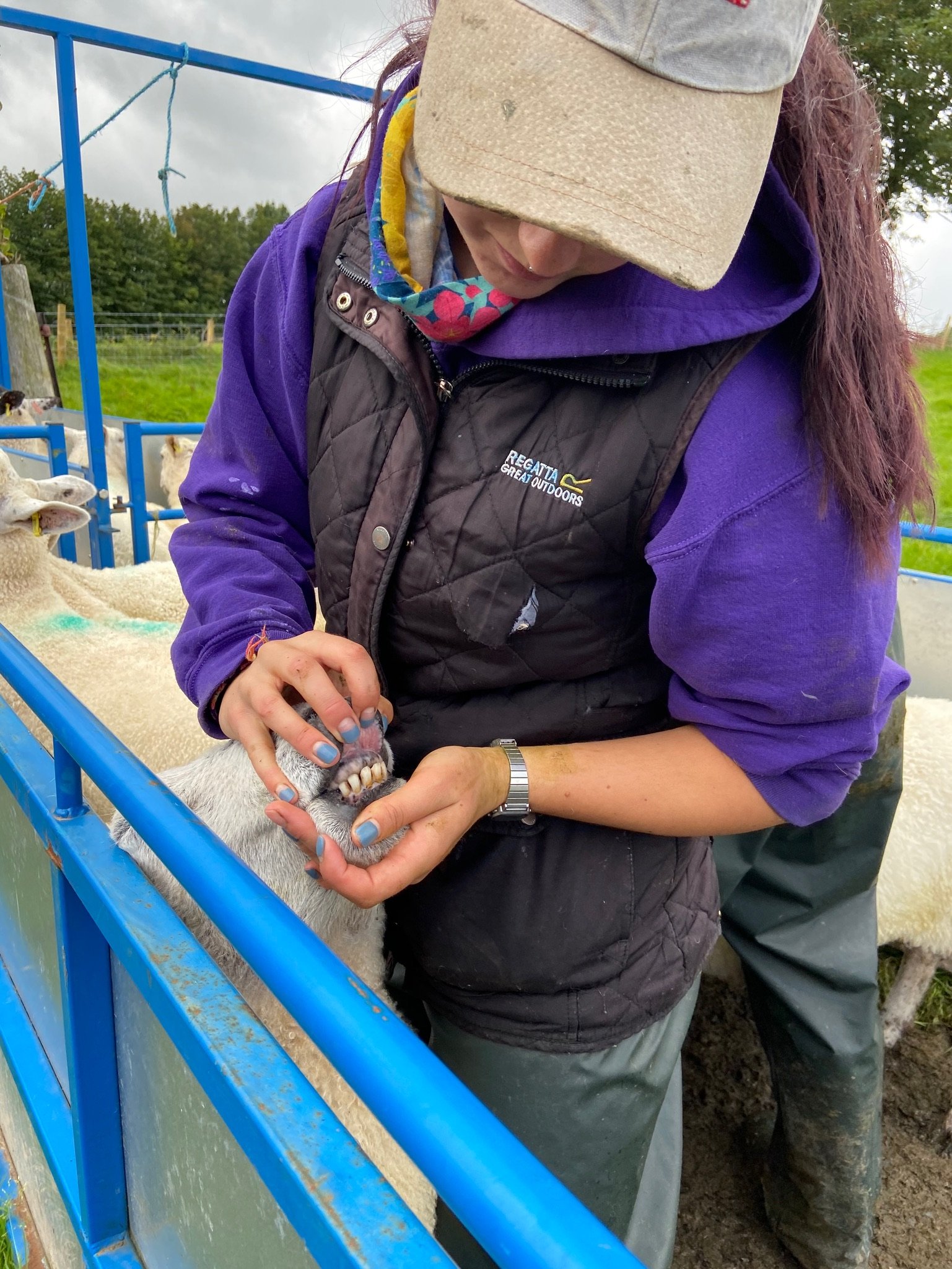












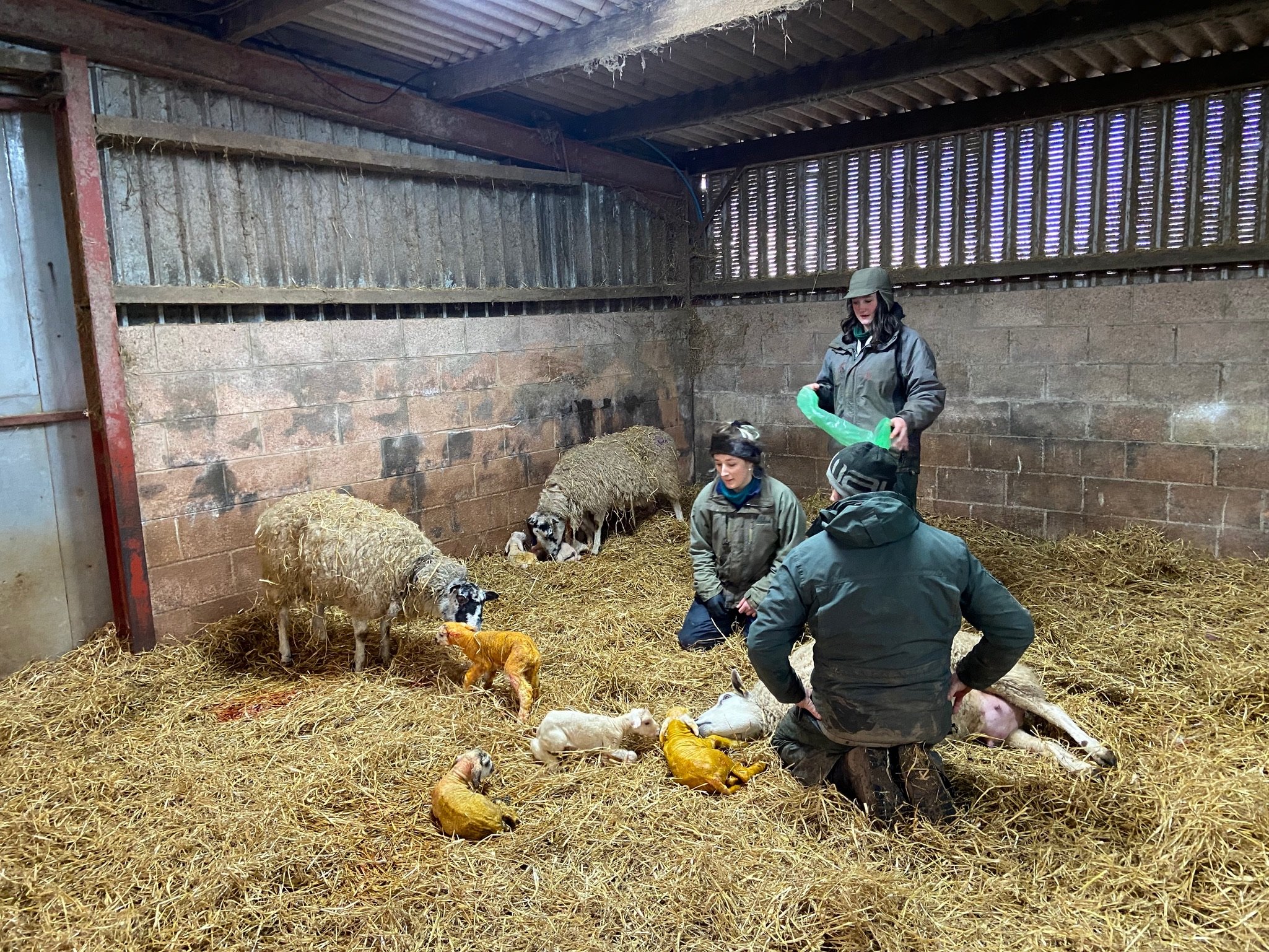
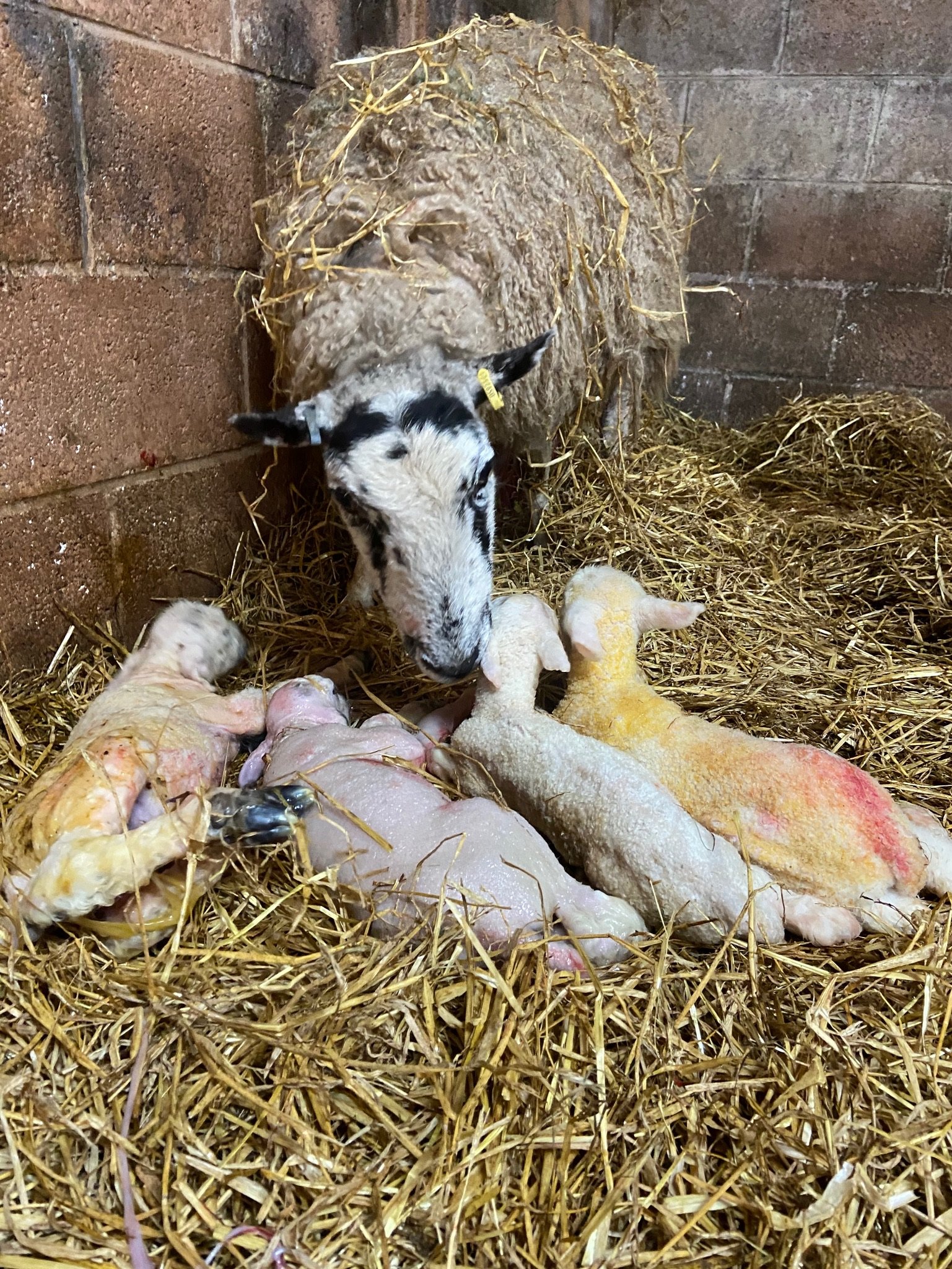







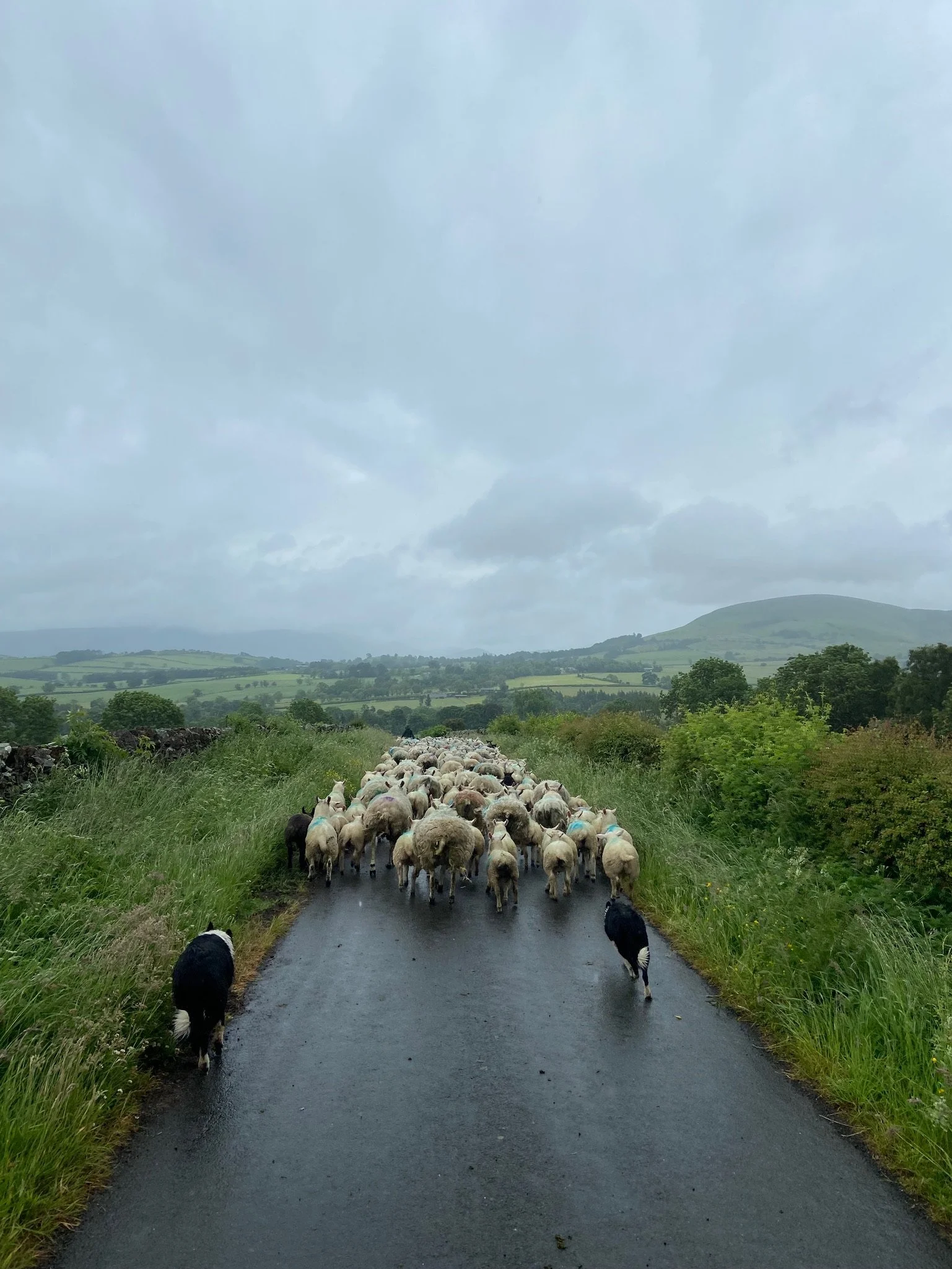










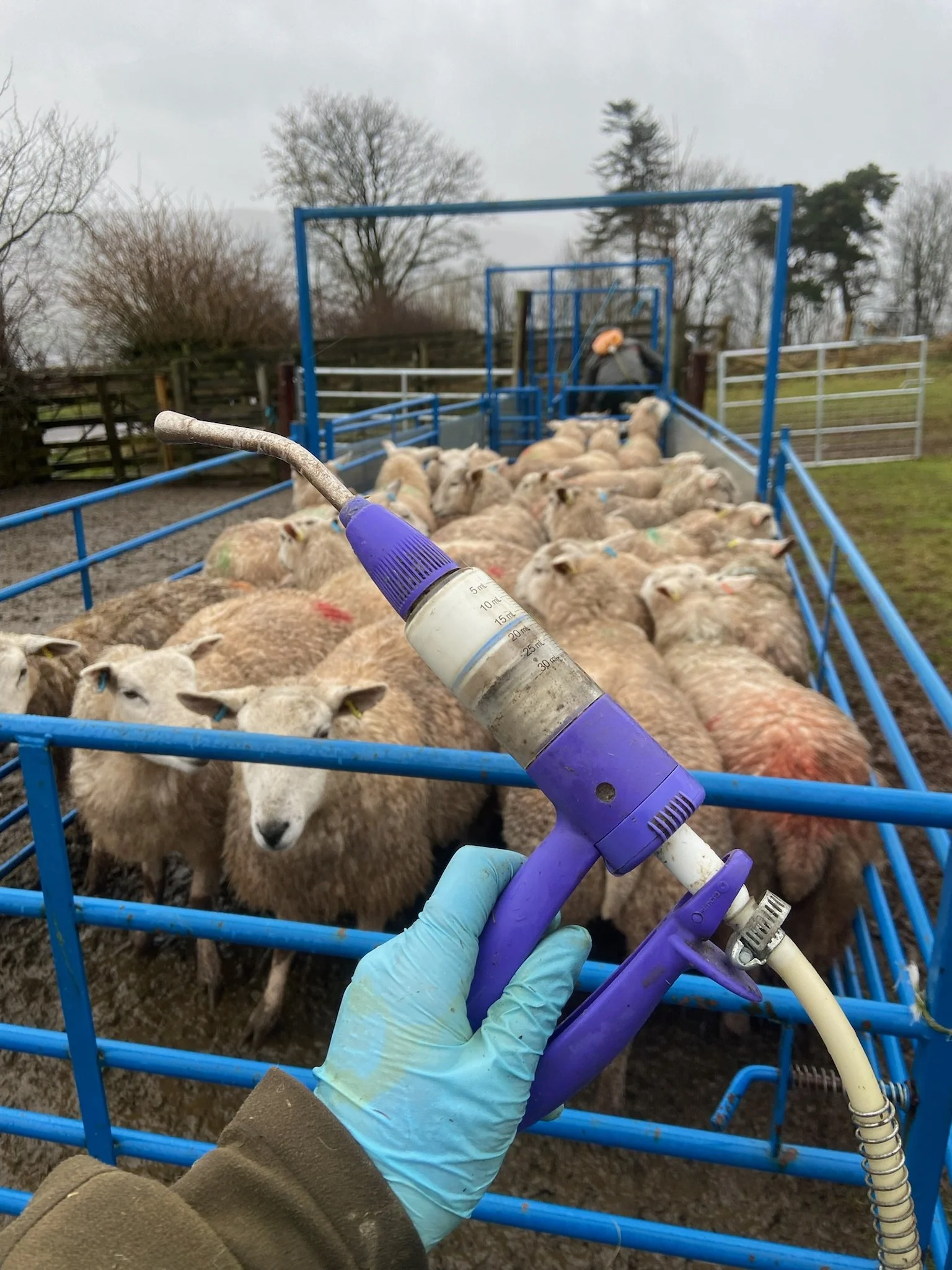


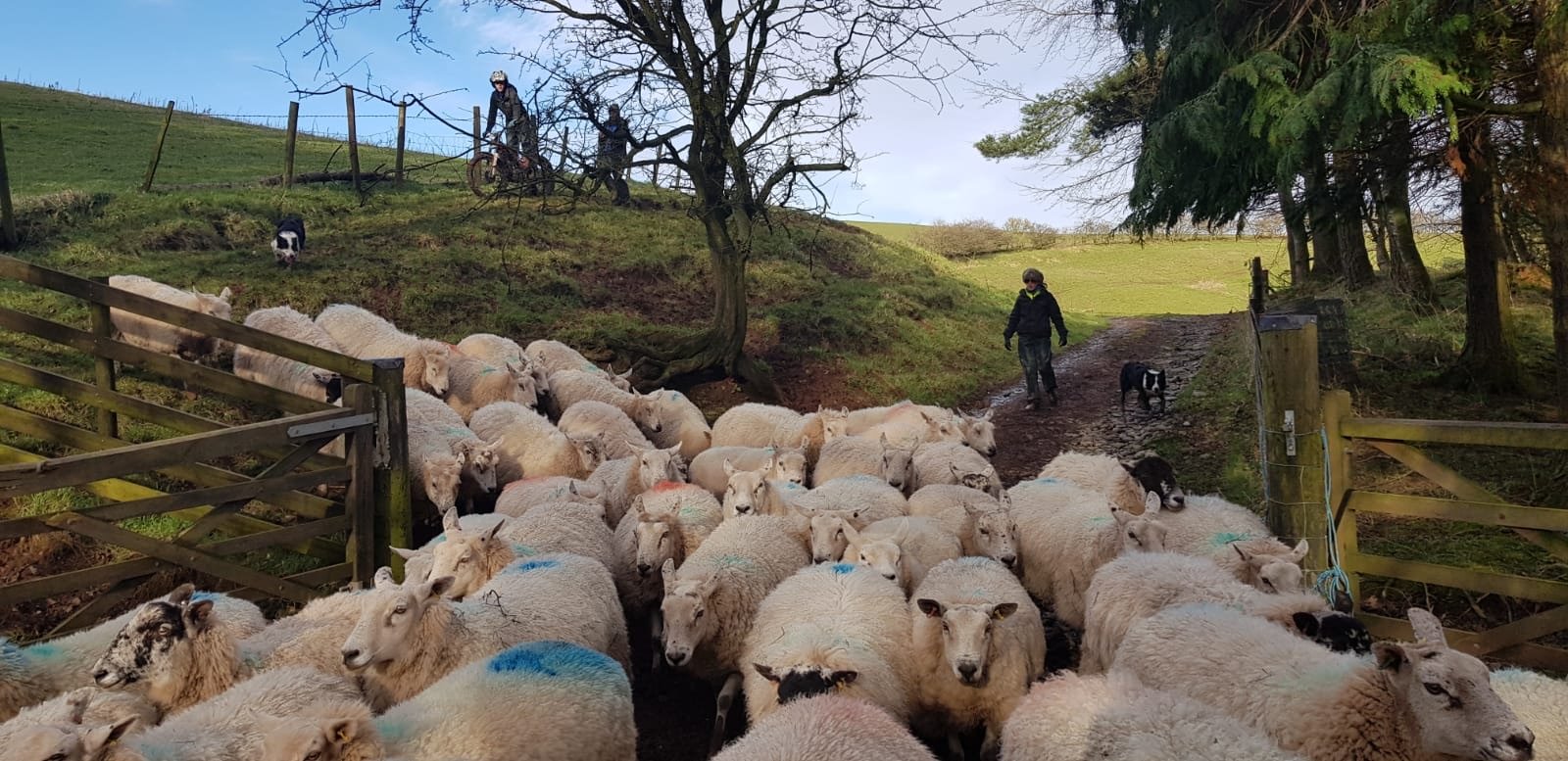


Sheep & Lambs
We have a flock of over 500 sheep, from that we lamb roughly 400 of them each year. The rest are female replacements and tups (breeding males). Our flock produces prime lambs which go for meat and store lambs that are sold to other farmers to be fattened up on lowland farms that have surplus grass throughout the winter.
Our sheep are north of England mules and texel crosses. We have also integrated Abertex, Aberfield and Logie crosses into our flock, which are all composite breeds, bred for profitability, ease of management and the ability to fatten from grass alone (eliminating or significantly reducing the need for expensive concentrate feed).
We lamb in April, nearly 700 lambs are born each year. We keep roughly 100 to replace older breeding ewes, 100 are fattened and the remainder are sold as store lambs.














Hens
We have 6000 free range hens, producing eggs which we supply to the Lakes Free Range Egg Company, based in Stainton. The Lakes package and distribute the eggs to McDonald’s, Morrisons, Booths and Sainsburys. The hens are provided with perches, a scratching area and enrichment to promote natural behaviour. The paddocks which they roam freely in are planted up with trees, providing shelter, shade and encouraging foraging behaviour.






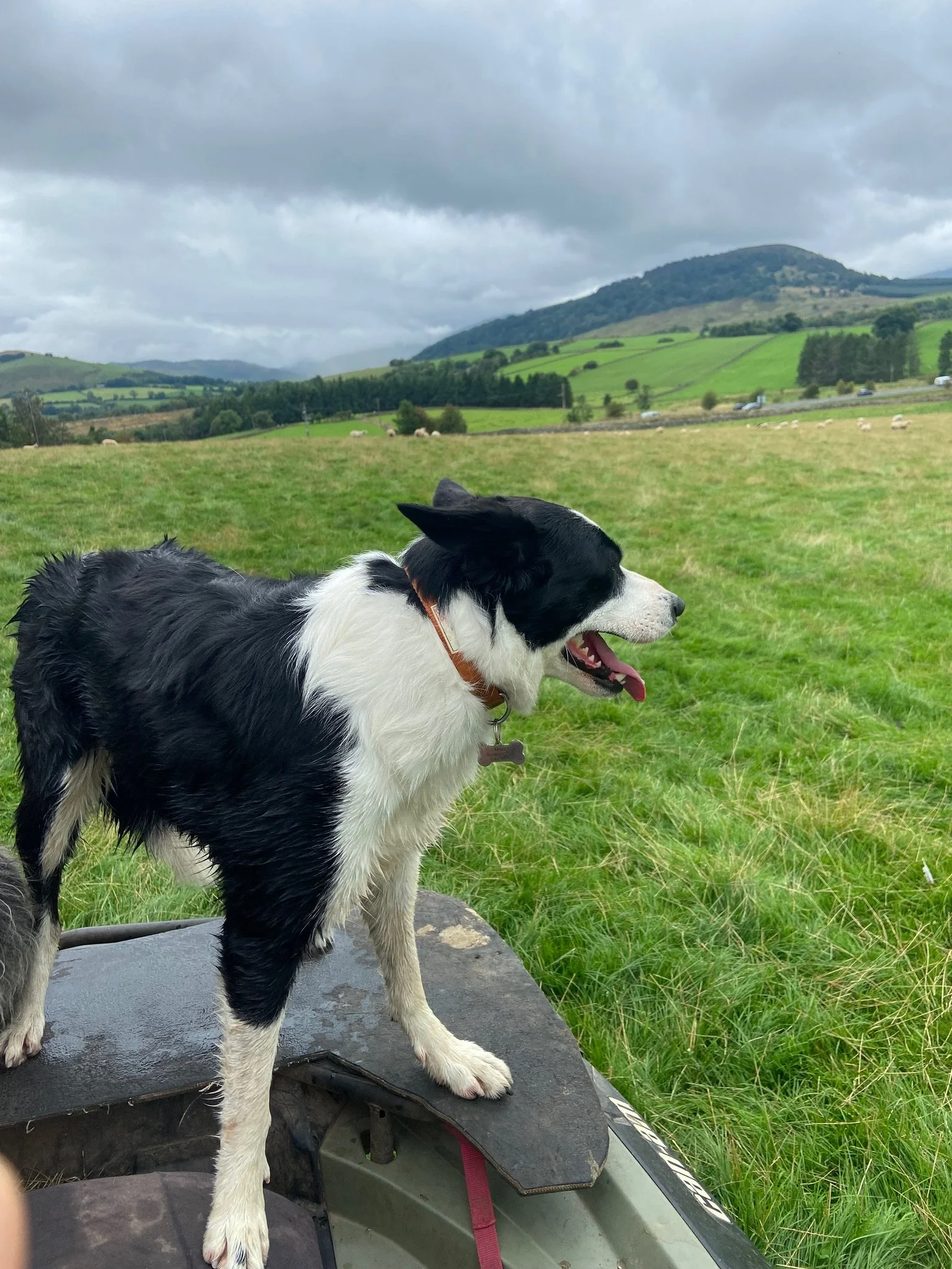









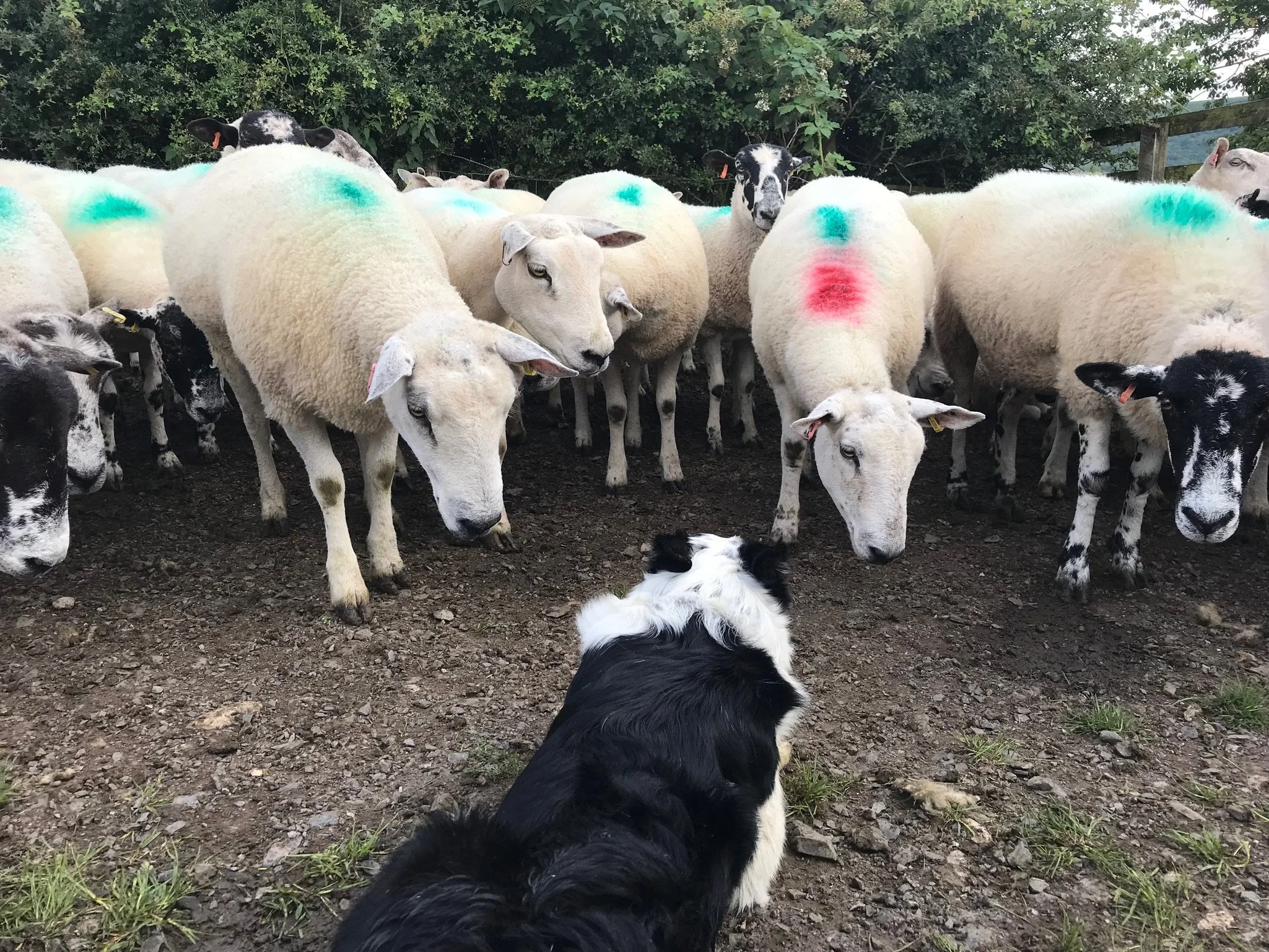

















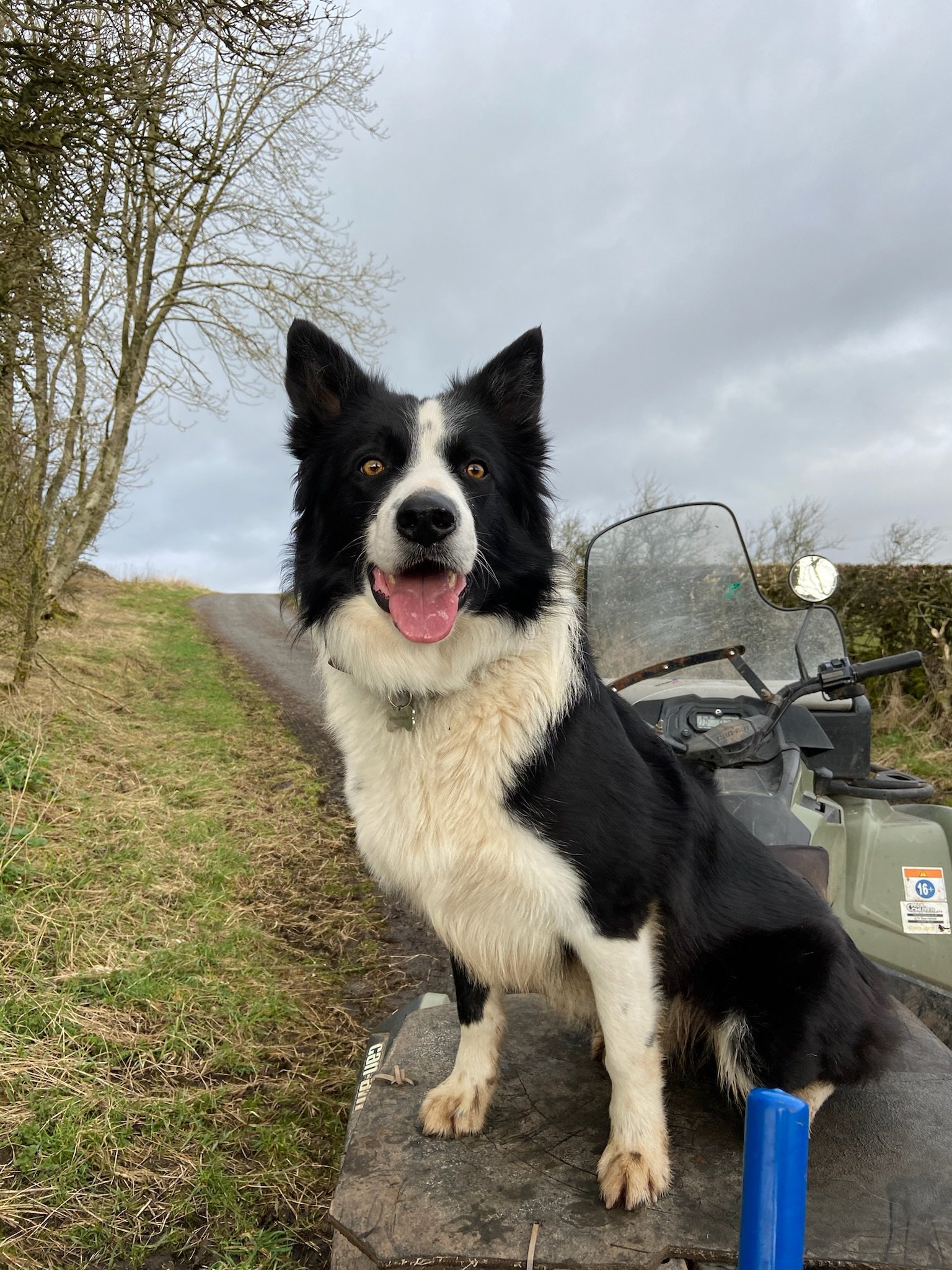




















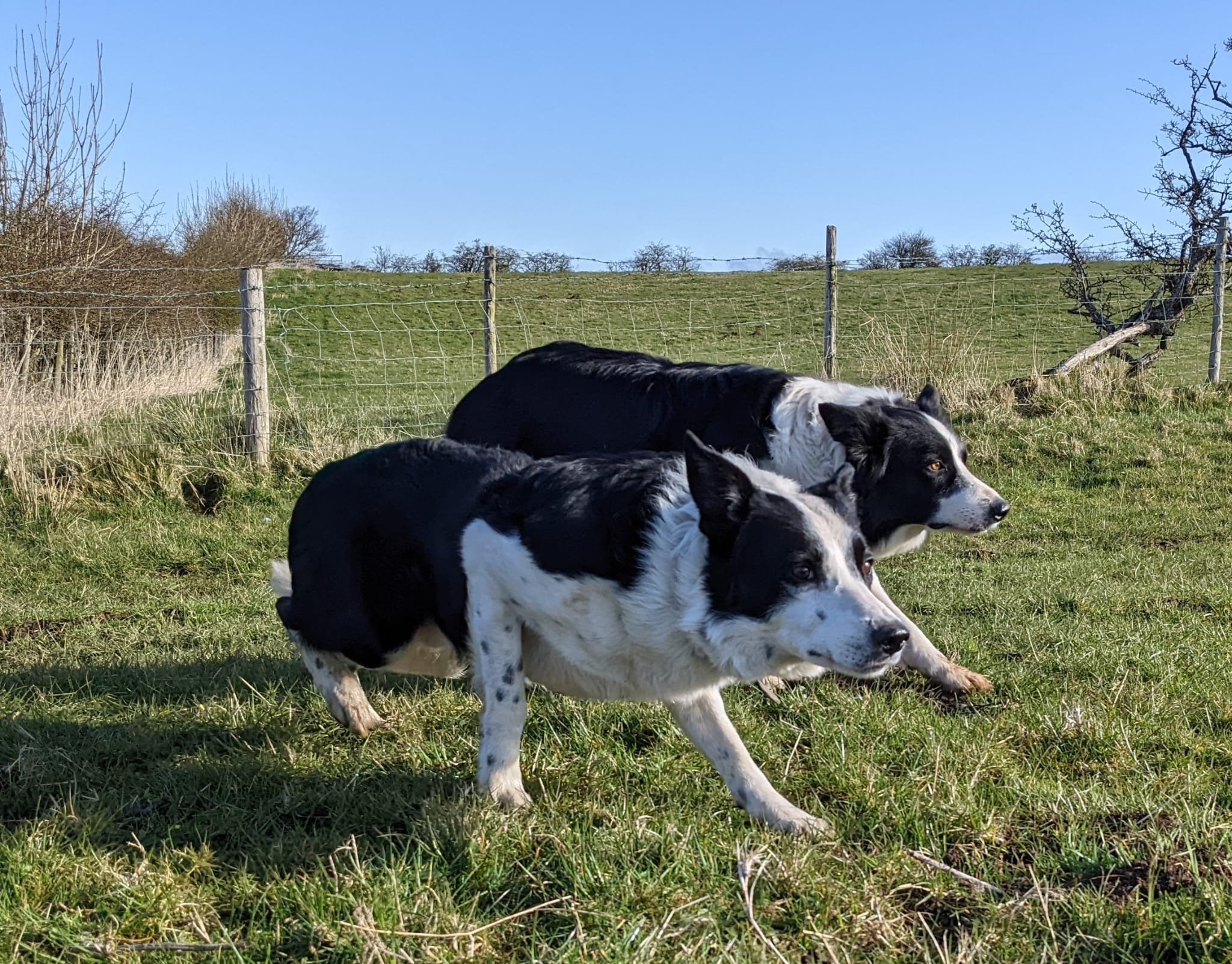

SheepDogs
I got my first sheepdog in 1997. She was a 10 week old pup and we named her Spot. I didn't know much about dog training but I had read a couple of books. When she was just over a year old I took her to a trial and got talked into running her. It all went wrong but she showed potential so I started attending trials regularly. She progressed into a really good sheepdog, and had a lovely nature.
Now 25 years later I've trained a lot more dogs and have got better at it. We have different numbers of sheepdogs as we have older dogs that are fully trained, right through to young dogs that have just started their training.
The main reason we have sheepdogs is to work with our sheep. This involves rounding them up so we can check them, moving them from field to field or getting them in for treatments. We move sheep through the village and occasionally across the A66 so the dogs have to be well trained, obedient and good at their jobs. If a dog turns out to be a good worker at home then we will take them to trials to see how they do. Trialling requires a slightly different skill set and more control, so not all dogs are good at both.






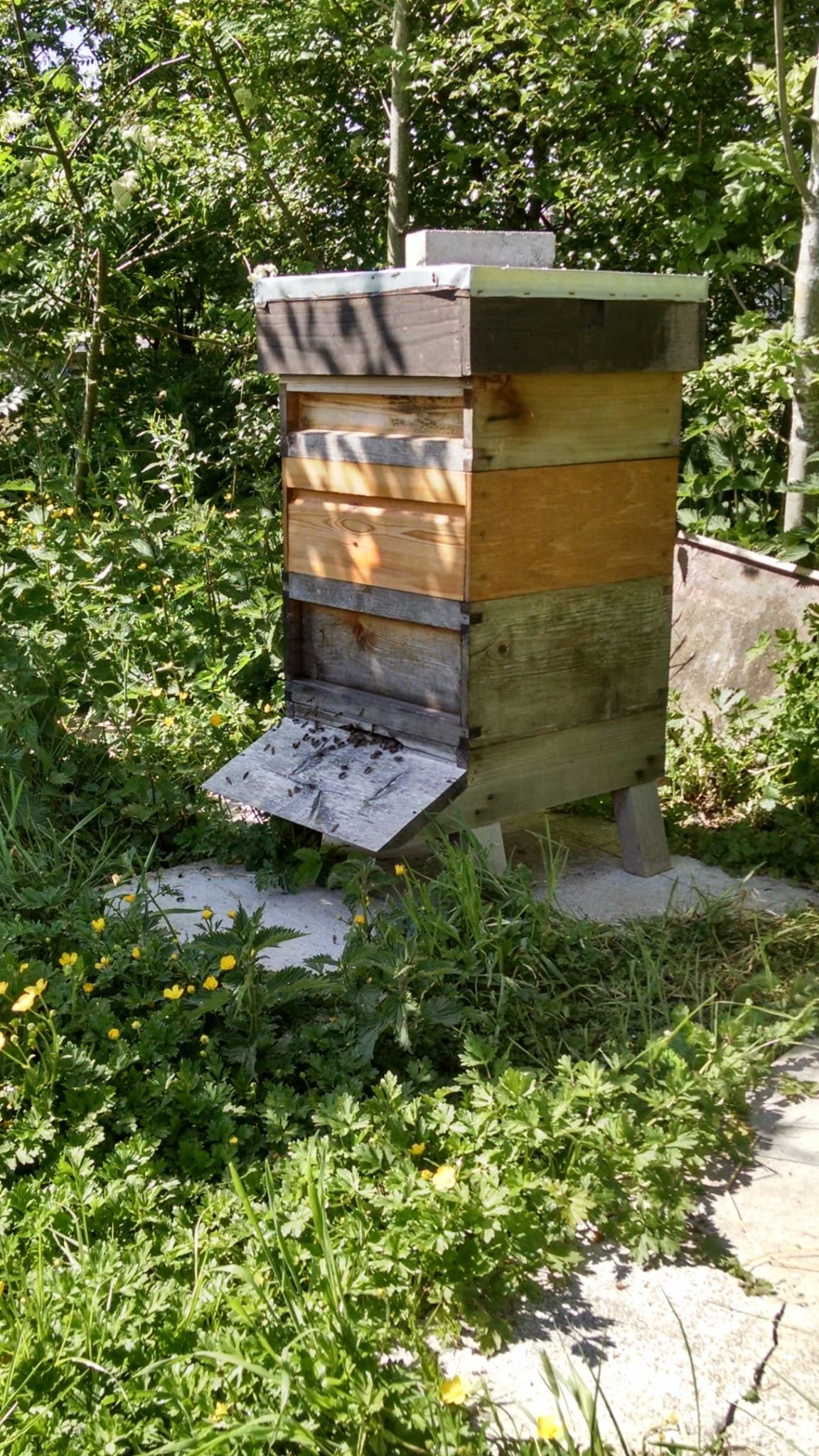




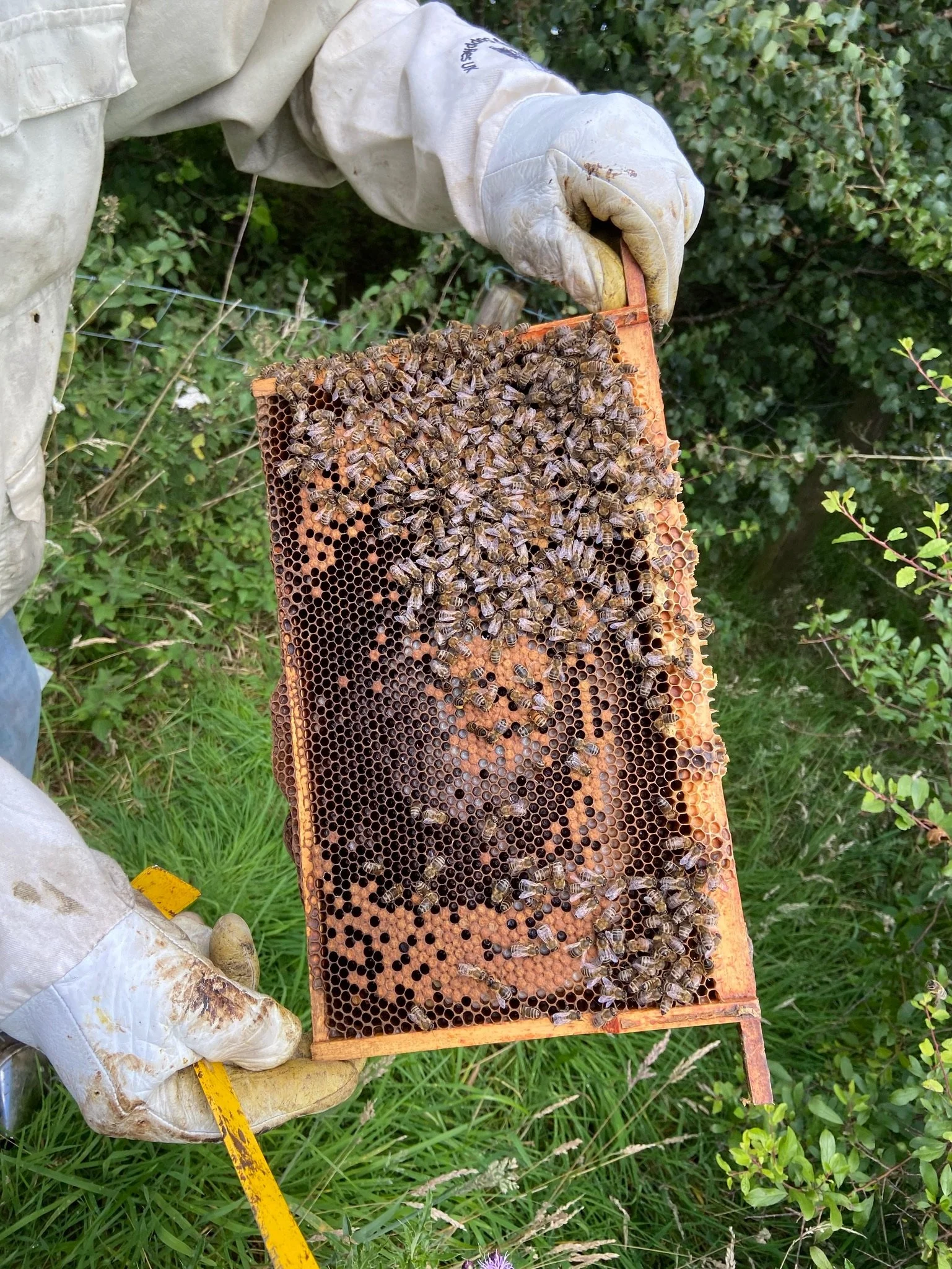

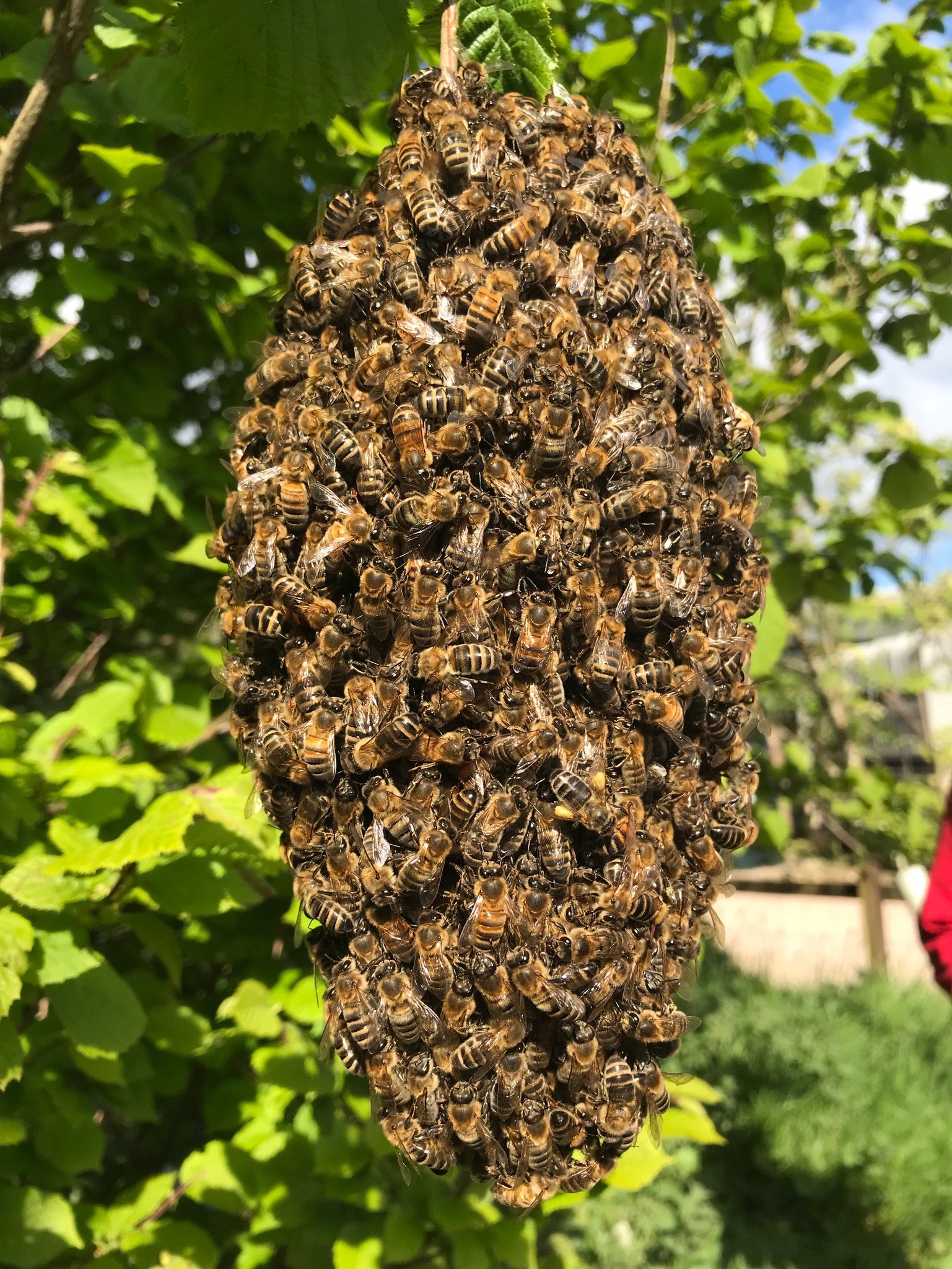




Bees
We started keeping bees 10 years ago, and now have 15 colonies. We have mostly native black bees as they are best suited to our climate and altitude and are able to survive our wet and cold winters. Our bees mostly produce honey in Penruddock and Hutton parish. We also take them to Hutton in the Forest to produce soft set honey from oil seed rape and field beans, as well as Skiddaw forest to produce heather honey.
The beehives at Penruddock make honey from sycamore, chestnut and lime trees, blossom from fruit trees, dog rose and bramble and also flowers such as white cover, meadowsweet, rosebay willow-herb and thistles.
We have avoided using treatments on our bees for the control of parasites for the last 6 years as we believe it is more beneficial to breed those that are resilient and require minimal interventions. Due to this we also only feed sugar syrup if totally necessary.



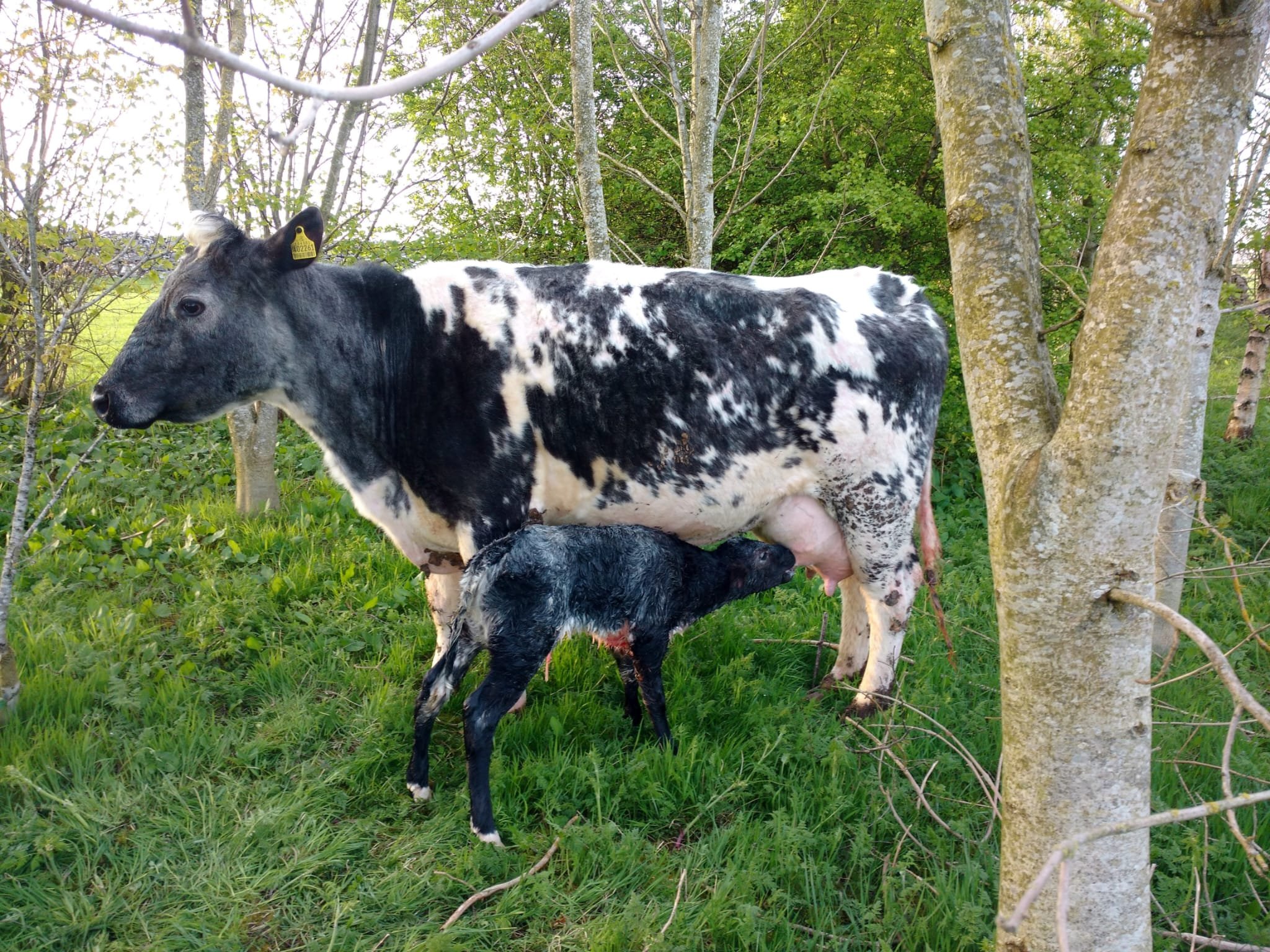

















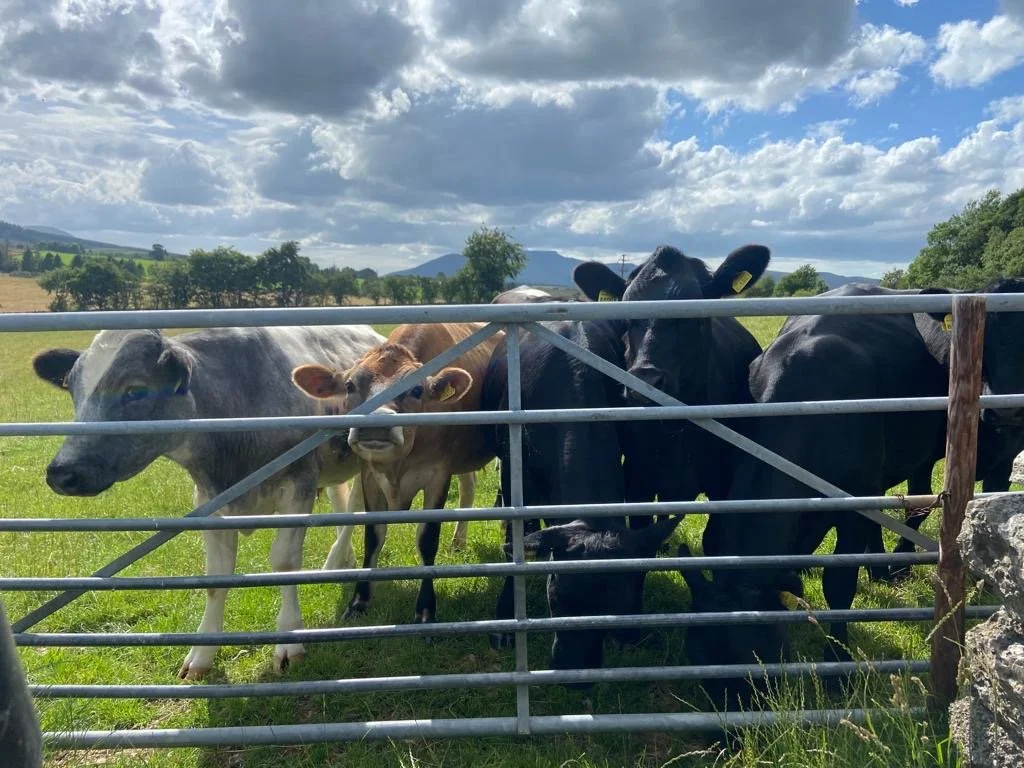
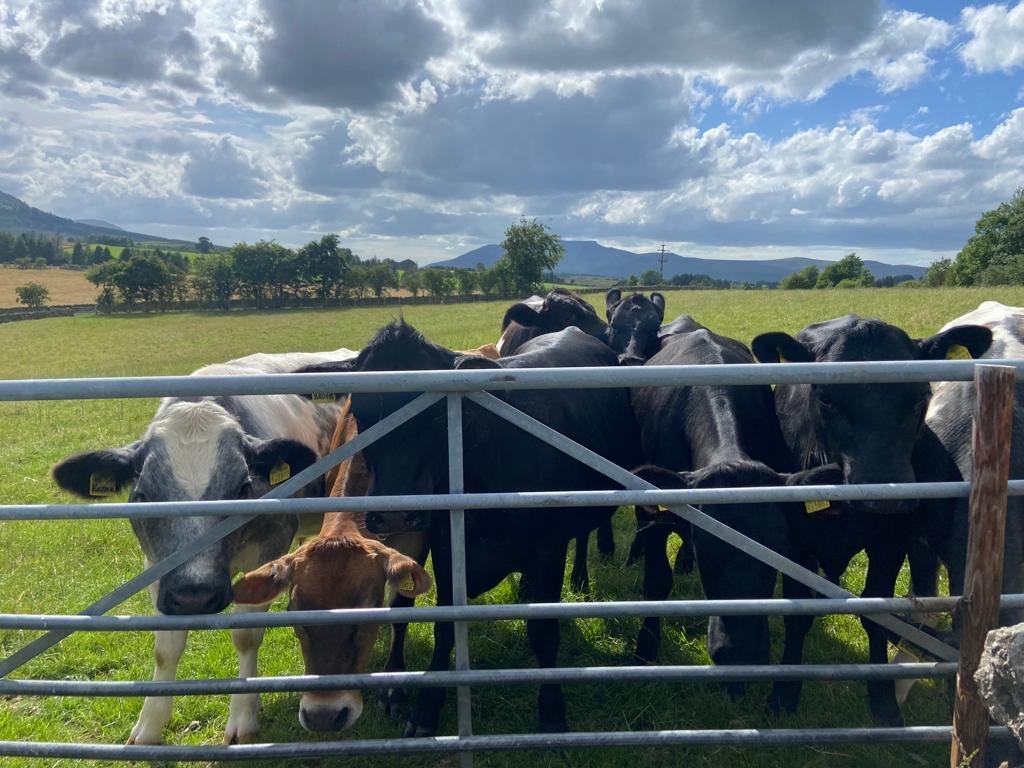



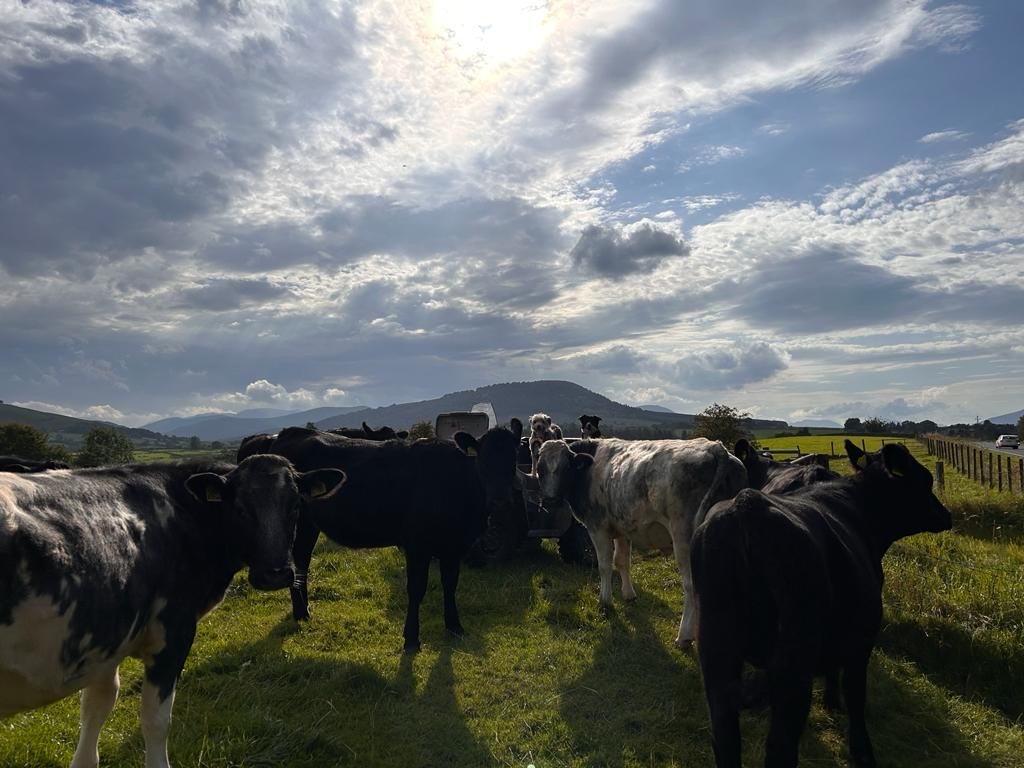
Cattle
In the past we kept continental breeds which required more inputs and intervention. We have now moved to native breed cattle which are traditionally slow grown and are better suited to our climate and farming system, meaning they can fatten off grass alone and stay outside during the winter months, which requires less inputs and is in turn more beneficial to the environment. We now have Rigget Galloways (including a fantastic bull called Atticus), Belted Galloways, Aberdeen Angus’ and two Jerseys for milk production. We are breeding females to keep, the surplus bullocks will eventually be fattened and sold through the farm shop once they reach full maturity.








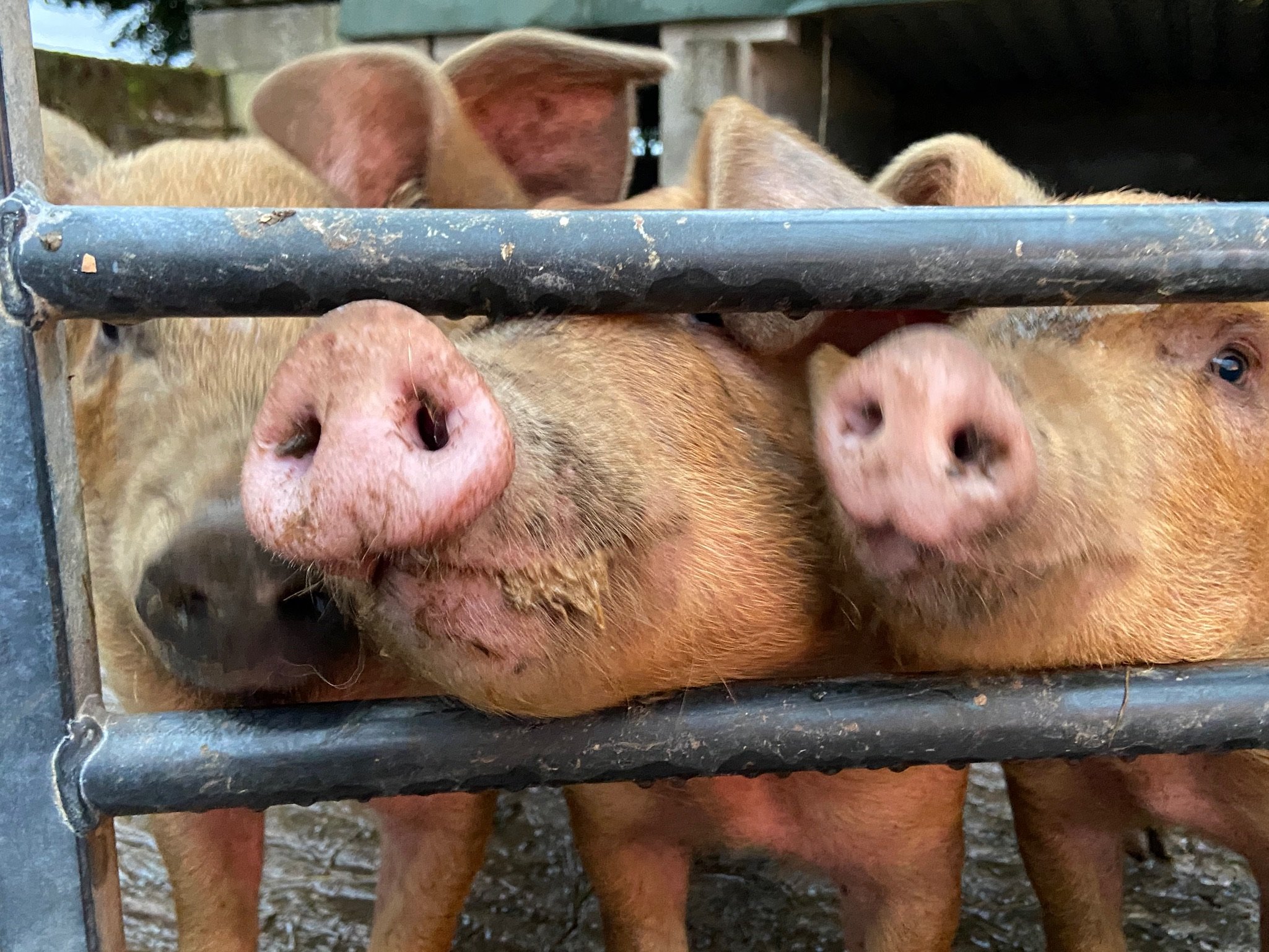

PiGS
We keep a few pigs which we buy as weaned piglets and allow to slowly mature, while feeding little concentrate feeds, they are then later sold in our farm shop. They mostly live outside where they can root and express natural behaviours but during adverse weather and the winter months they are housed indoors.
